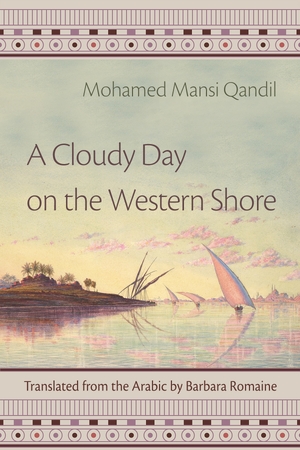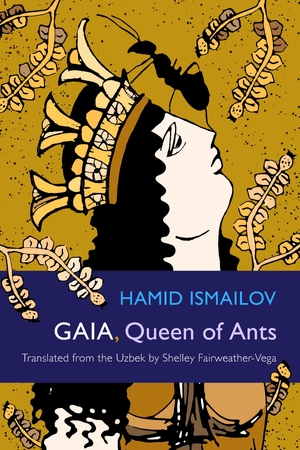"In Barbara Romaine's masterful translation, A Cloudy Day on the Western Shore presents an engaging portrait of a young Sa'idi women rising through society and an enjoyable overview of early twentieth-century Egypt."—Chip Rossetti, Banipal
"This is an extremely well-crafted and indeed often erudite work of fiction."—Roger Allen, author of The Arabic Novel: An Historical and Critical Introduction
"Qandil provides us with a complex picture of the social and political forces—local, national, and regional—that have shaped Egypt’s contemporary history....Highly recommended."—MELA Notes
Description
Shortlisted for the Arabic Booker Prize in 2010, this finely constructed epic traces the turbulent life of Aisha, an Egyptian girl raised in a Christian convent beyond the reach of a predatory uncle. With her English education, Aisha crosses paths with Lord Cromer, British consul-general of Egypt, and famed archaeologist Howard Carter, with whom she will trek to locate Tutankhamen’s tomb. Fate briefly favors Aisha when she falls in love with the Egyptian sculptor Mahmoud Mukhtar, until events conspire to move her life along adarker path.
Part allegory, part magical realism, this novel is threaded with aspects of Egyptian antiquity, including semihistorical accounts of the excavations of ancient Egyptian relics and the tortured jealousies that accompanied them. A deftly written journey through momentous occasions in world history, A Cloudy Day on the Western Shore explores questions of Egypt’s identity and history, and the implications—for better or worse—of European exploitation of the treasures of pharaonic civilization. Novelist Qandil skillfully allows readers to encounter complex questions of colonialism, gender, and sectarianism—all through the symbolic lens of an unlikely Egyptian heroine.
About the Author
Award-winning Egyptian novelist Mohamed Mansi Qandil was born in the Nile delta. He went to medical school and worked as a country doctor before beginning to write fiction. He has published several novels, short-story collections, and children's books, and now lives in Canada.
Barbara Romaine has translated a number of novels by Radwa Ashour, as well as Bahaa' Taher's Aunt Safiyya and the Monastery. In 2011, her translation of Spectres was runner-up for the Saif Ghobash Banipal Prize. She has taught Arabic at several universities for over twenty years.
October 2018




